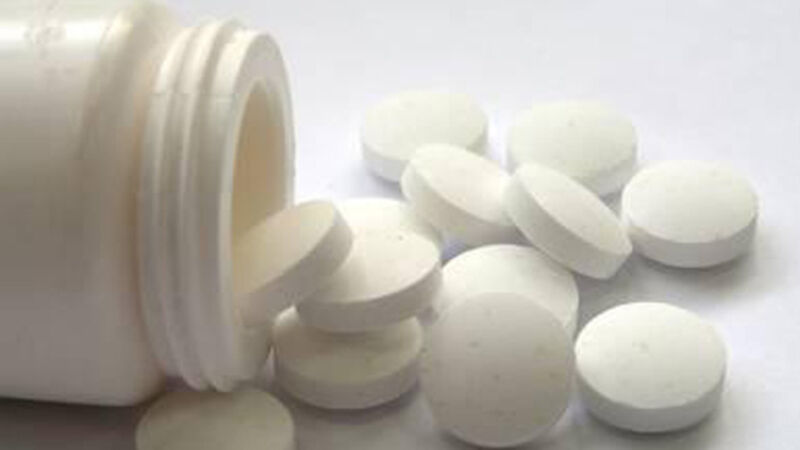Deal between State and pharmaceutical industry to bring drug prices ‘to Europe levels’

The agreement reached between the Irish Pharmaceutical Healthcare Association (IPHA) and the Government will result in the HSE paying less for medicines from next month.
Mr Harris said an improved pricing mechanism would keep drug prices in Ireland on a “downward trajectory” that would save the taxpayer €600m over the next four years to 2020.













